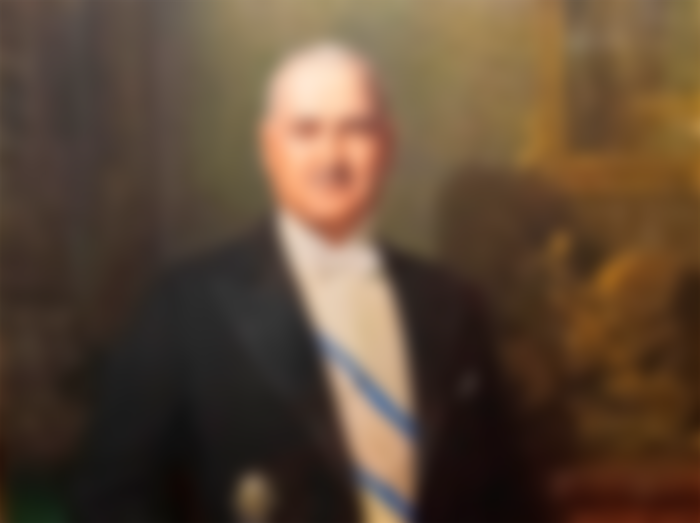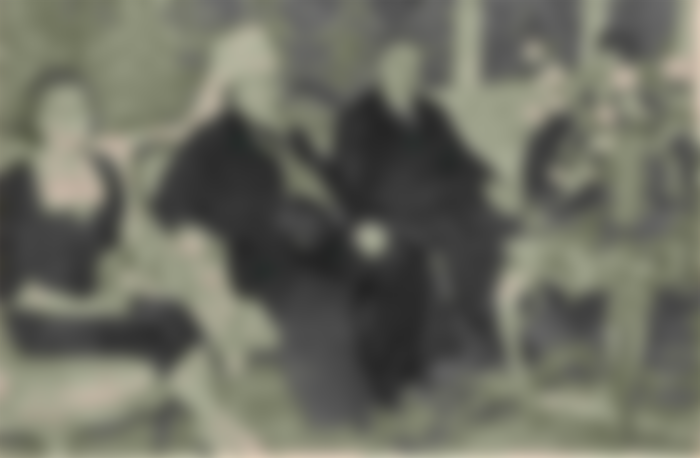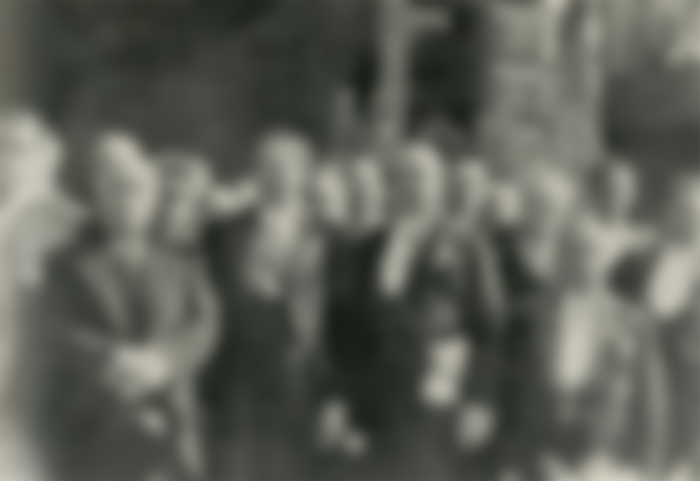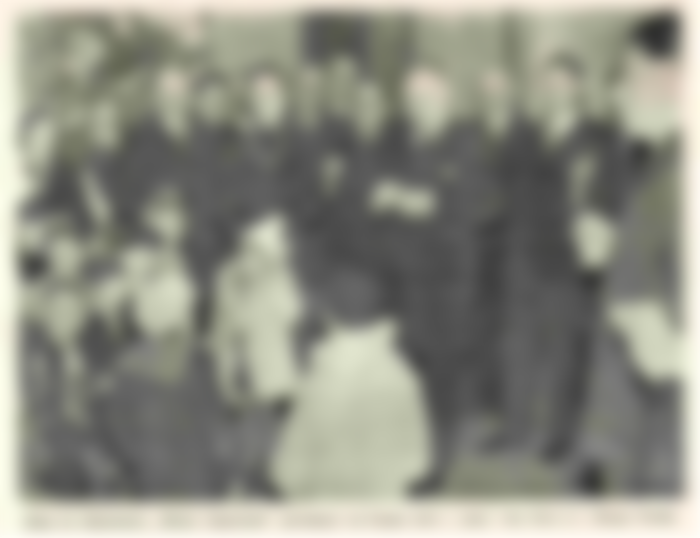In the long and turbulent past of Belgrade, it often happens that, accidentally or intentionally, entire periods and important people are forgotten. Quietly and imperceptibly, and completely unjustly, that fate befell Vlado Ilić - the first modern mayor of Belgrade and a man to whom the people of Belgrade owe a lot.
Vlada Ilić was the first man of the then Yugoslav capital from January 10, 1935 to September 13, 1939. During that time, Belgrade became a real, European metropolis and a city that kept pace with all world trends for the first time.

Vlada Ilić, as the first man of Belgrade, will remain recorded in golden letters in the history of Belgrade. It is difficult to count everything that was done, built or started in Belgrade during the time of Vlado Ilić. On this long list, there are today more unrecognizable symbols of Belgrade - Vuk's monument, old Sajmište, zoo… The cornerstone was laid for the construction of the temple of Saint Sava. The House of the National Assembly was completed and the Museum of Prince Pavle (today's residence of the President of Serbia) was opened to the public. At the beginning of Vlado Ilić's mandate, a bridge over the Danube was opened, which connected Belgrade and Pancevo. The first tram line that connected Belgrade with Zemun started working and directed Belgraders to the other side of the river. That is why it is sad that the majority of Belgraders know almost nothing about this exceptional man today!
The richest man from Vlasotince!

Vladimir (Vlada) Ilić, the youngest son of Kosta Mumdžija, was born, according to the new calendar, on September 19, 1882. He acquired his primary education in his hometown of Vlasotince, and later continued his education in Vienna and Aachen. He was the first textile industrialist from the then Serbia with an academic education. It is known for sure that he spoke French and German, and according to some testimonies, English. As the most educated in the family, Vlada soon found himself at the head of a large textile empire - after a short stay in Leskovac, his father sent him to run the concern's business in Belgrade.
- That this was a good move will be shown in the years to come, because the Government has shown all the abilities of an industrialist of European format. Until the beginning of the First World War, he modernized the factories in Belgrade. They were severely damaged and looted during the occupation, but after the war, Ilić renewed them and expanded production beyond the borders of the former Kingdom of Serbia. In July 1922, at the conference of industrialists in Bled, Vlada Ilić was one of the founders, and then the president, of the Central Union of Industrialists of the Kingdom of Serbs, Croats and Slovenes. The following year in Bled, he was proclaimed a businessman in 1923. The world crisis of 1929, caused by the collapse of the stock market in the United States, affected the Kingdom of Yugoslavia in 1930 and partly the business of Vlado Ilić, but before the war in 1939 he began to supply the army, which strengthened his industrial empire.
- Procurement for the army was a lucrative business, because the quantities were huge and the placement of goods was guaranteed. Only trusted people, certainly close to the government, could do that. Big capital and politics have always gone hand in hand. This is another detail that explains why Vlado Ilić was considered the richest Serb between the two world wars.
The first modern mayor of Belgrade!

However, what Vlada Ilić will be permanently remembered for is the period he spent at the helm of Belgrade. In addition to the obvious managerial skills that Ilic possessed, as a man who successfully ran numerous companies for years, his long-standing friendship with Prince Pavle Karadjordjevic was undoubtedly helpful for him to become mayor of Belgrade, some sources say. the assassination of King Alexander in Marseilles in 1934 practically made him the first man of Yugoslavia. Only a few months after this fateful event, Vlada Ilić became the President of the Municipality
As mayor, Ilic carried out major reforms in the city municipality, reduced the price of electricity and sorted out the financial situation in the city municipality. He was engaged in solving social problems, building workers' apartments, health care institutions and children's shelters, schools, removing swamps, building parks… He built several hospitals in Belgrade that still serve the same purpose. The crown in an endless series, as we would say today, of "capital investments" that were realized in less than five years of Vlado Ilić's mandate, was certainly the opening of the Belgrade Fair, a symbol of Belgrade's economic rise in the interwar period.

The first Belgrade fair was organized from September 11 to 21, 1937, and in addition to 15 European countries, the United States of America and Japan also participated in it. The second, autumn fair, will be remembered for the fact that television appeared at the Philips stand for the first time in the Balkans, and on that occasion, a car exhibition was held where Mercedes, Škoda and Opel exhibited. Fairs were an opportunity to establish business acquaintances. There is information that Vlada Ilić intended to buy a license from Henry Ford to assemble cars from finished parts. Negotiations were hampered by the start of World War II. Unfortunately, during the war, Sajmište gained a much more sinister function by becoming a notorious Nazi concentration camp.
The war years and the persecution from memory!
In the turbulent years before and during World War II, the Government's name is mentioned in crucial moments in the nation's survival. Prince Pavle consulted with him on all important political decisions, and at the end of 1938 the German envoy in Belgrade, von Viktor Heeren, proposed Ilić as Prime Minister, probably due to Ilić's business ties with Germany dating back to the early 20th century. It is probable that Ilic did not have prime ministerial ambitions because with his reputation abroad, numerous successes in running Belgrade and long-term friendship with the Karadjordjevics, he could easily have become one. Instead, after the start of World War II, Vlada Ilic resigned as mayor of Belgrade. His factories operated during the war, but were also damaged during the bombing by both the Germans and the Allies.
After the war, Ilic was arrested and sentenced to ten years in prison and confiscation of all property. The verdicts state that the main guilt of Vlado Ilić is that his factories worked during the war and in that way "strengthened the war potential of the occupiers". Vlada Ilić spent the next seven years in the prison in Sremska Mitrovica, where former workers brought him packages. For a while, he was punished for cleaning the streets of Belgrade. The former mayor was personally saved from execution by Winston Churchill, who intervened with Josip Broz Tito. Vlada Ilić was released from prison at the end of 1951, but he did not manage to enjoy his freedom. He soon suffered a stroke and died in the attic of his cousin's house, on July 3, 1952, in the greatest misery. Poor and forgotten, he was buried by former workers.
Rehabilitation!
In February 2009, the District Court in Belgrade adopted the request for the rehabilitation of Vlado Ilić and declared the verdict of the Military Court from 1946 null and void. The explanation says that Ilic "had to be declared an enemy of the people in order for that condemnation to be the basis and justification for the state, to take over his wealth." Descendants of Vlado Ilić are still fighting to regain at least a part of the property of their famous ancestor




Communism bothered him all Serbian industrialists, you are immediately an enemy of the state.